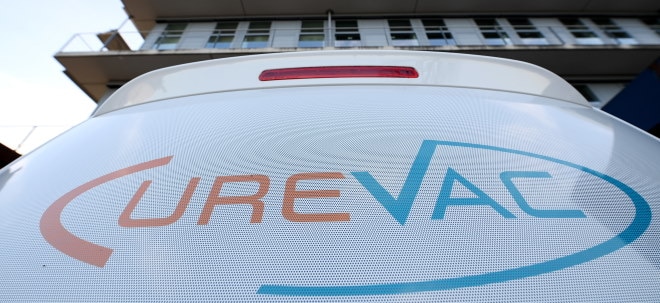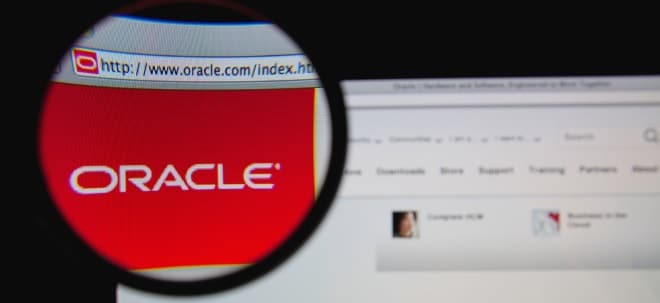New JNCCN Study Showcases how Telehealth Helps Overcome Geographic and Resource Gaps in Cancer Care Globally
Older adults with cancer in Brazil showed better outcomes with telehealth in first-ever randomized trial of comprehensive geriatric assessment and management outside a high-income country.
PLYMOUTH MEETING, Pa., June 11, 2025 /PRNewswire/ -- New research in the June 2025 issue of JNCCN—Journal of the National Comprehensive Cancer Network found that older people with cancer had better daily functioning, improved mood, stronger illness understanding, and a higher quality of life if they participated in a telehealth-based care program called Geriatric Assessment-Guided Intervention-Supportive Care (GAIN-S). GAIN-S' supportive care services included personalized fitness training, nutritional support, psychiatric care, and psychosocial assistance, all delivered remotely.
"It was a win-win for patients, families, and providers, bringing this growing standard of care to many more people..."The randomized clinical trial focused on 77 adults aged 65-and-older undergoing treatment for a metastatic solid tumor between June 2022 and July 2023 in Brazil. The care providers in the study were primarily located in high-population urban areas, while most patients lived in remote or underserved parts of the country. The patients who participated in the GAIN-S telehealth program demonstrated significant improvement in all measured areas after three months.
"Instead of requiring older patients to travel long distances for tailored and specialized care, we brought the expertise to them—ensuring equity in access regardless of geography," said senior author William Dale, MD, PhD, City of Hope, a national U.S. cancer research and treatment organization headquartered in Los Angeles. "It was a win-win for patients, families, and providers, bringing this growing standard of care to many more people using the available resources in an efficient way."
"This is especially important in countries with substantial geographic and resource gaps, like Brazil and remote areas in any country," said lead author Cristiane Decat Bergerot, PhD, Oncoclinicas&Co of Sao Paulo. "By bringing supportive care approaches to patients at the beginning of their cancer care journey, we can significantly improve the experience, communication, and outcomes of patients' lives."
WhatsApp was used for scheduling appointments and obtaining informed consent for the GAIN-S group. This enabled the team to automatically encrypt messages and have the option to make them disappear after 24 hours for added security.
"Social media can be used for anything, including now Comprehensive Geriatric Assessment and Management (CGAM)," commented Martine Extermann, MD, PhD, Moffitt Cancer Center, who was not involved with this research. "Randomized clinical trials have established CGAM as the standard of care approach for optimal outcomes in older patients with cancer and are recommended in the NCCN Guidelines® and others. But CGAM has long been considered a 'niche' activity limited to large academic cancer centers. An increasing number of studies show it can be implemented in a broader practice setting, and now in low- and middle-Income countries as well. Let us spread the benefits of it!"
Dr. Extermann wrote a full response to this study, which is also running in the June issue of JNCCN. To read the entire study "Telehealth Geriatric Assessment and Supportive Care Intervention (GAIN-S) Program: A Randomized Clinical Trial" and the corresponding "The Last Word" commentary, visit JNCCN.org.
About JNCCN—Journal of the National Comprehensive Cancer Network
More than 25,000 oncologists and other cancer care professionals across the United States read JNCCN—Journal of the National Comprehensive Cancer Network. This peer-reviewed, indexed medical journal provides the latest information about innovation in translational medicine, and scientific studies related to oncology health services research, including quality care and value, bioethics, comparative and cost effectiveness, public policy, and interventional research on supportive care and survivorship. JNCCN features updates on the NCCN Clinical Practice Guidelines in Oncology (NCCN Guidelines®), review articles elaborating on guidelines recommendations, health services research, and case reports highlighting molecular insights in patient care. JNCCN is published by Harborside/BroadcastMed. Visit JNCCN.org. To inquire if you are eligible for a FREE subscription to JNCCN, visit NCCN.org/jnccn/subscribe. Follow JNCCN at x.com/JNCCN.
About the National Comprehensive Cancer Network
The National Comprehensive Cancer Network® (NCCN®) is marking 30 years as a not-for-profit alliance of leading cancer centers devoted to patient care, research, and education. NCCN is dedicated to defining and advancing quality, effective, equitable, and accessible cancer care and prevention so all people can live better lives. The NCCN Clinical Practice Guidelines in Oncology (NCCN Guidelines®) provide transparent, evidence-based, expert consensus-driven recommendations for cancer treatment, prevention, and supportive services; they are the recognized standard for clinical direction and policy in cancer management and the most thorough and frequently-updated clinical practice guidelines available in any area of medicine. The NCCN Guidelines for Patients® provide expert cancer treatment information to inform and empower patients and caregivers, through support from the NCCN Foundation®. NCCN also advances continuing education, global initiatives, policy, and research collaboration and publication in oncology. Visit NCCN.org for more information.
Media Contact:
Rachel Darwin
267-622-6624
darwin@nccn.org
![]() View original content to download multimedia:https://www.prnewswire.com/news-releases/new-jnccn-study-showcases-how-telehealth-helps-overcome-geographic-and-resource-gaps-in-cancer-care-globally-302475456.html
View original content to download multimedia:https://www.prnewswire.com/news-releases/new-jnccn-study-showcases-how-telehealth-helps-overcome-geographic-and-resource-gaps-in-cancer-care-globally-302475456.html
SOURCE National Comprehensive Cancer Network



